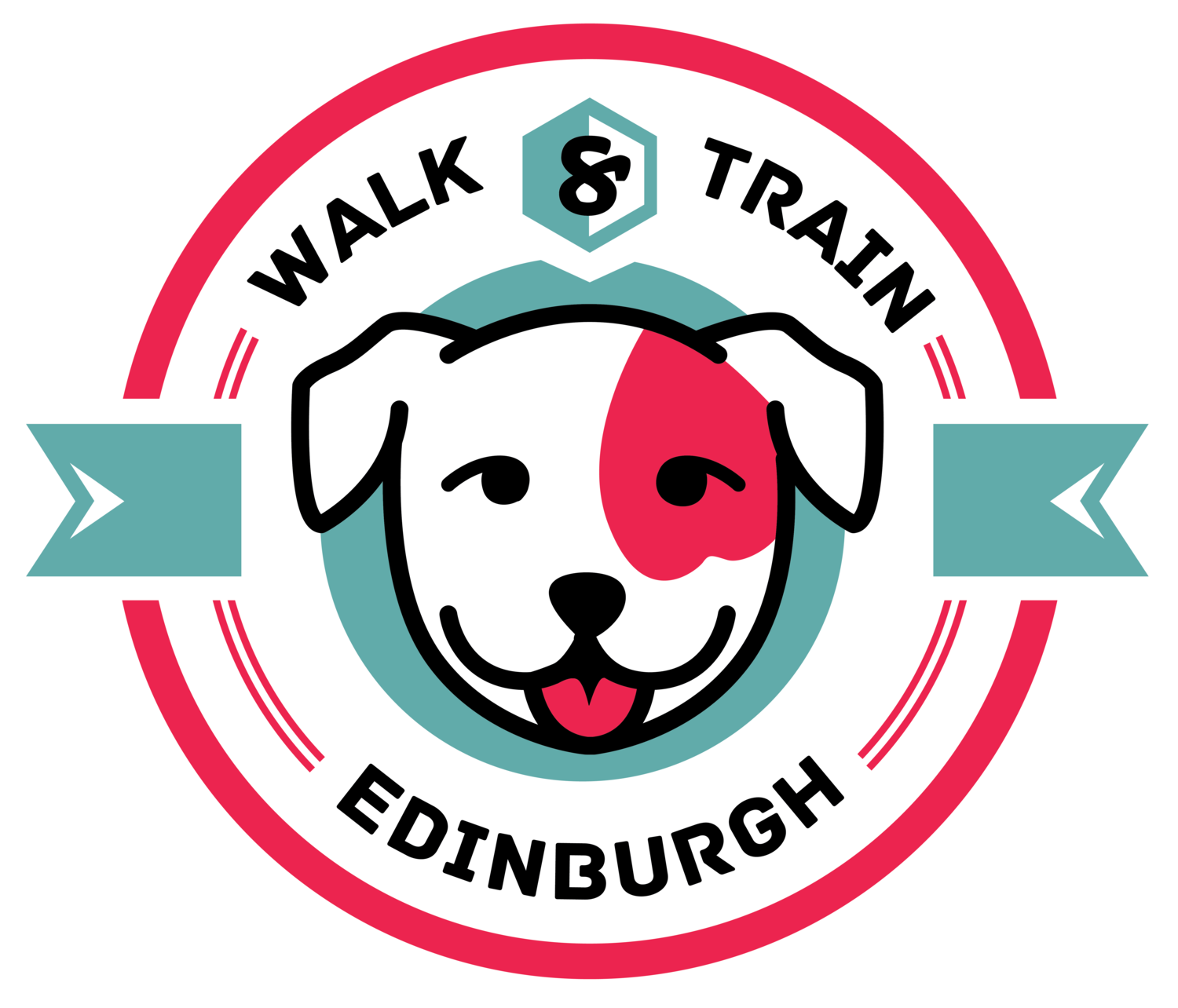Comfort Zone
We had a fantastic group class for our clients with reactive dogs this morning! Only the 3rd class and our first time out on the path among all the dogs from the public. We got trapped in the middle of a Greyhound rescue walk, and saw loads of off leash dogs. All dogs (and owners! :) ) did amazingly well! We even got compliments from several other dog owners who walked passed on how well behaved the dogs were. Nobody would ever have guessed that they were all there to work on their dog reactivity. :) After the class we also received this message from one of the dogs' owner: "This afternoon we sat calmly and enjoyed a peaceful coffee in the sunshine with at least 4 other dogs close by... A few months ago I never thought this would be possible! Thanks so much for all you help :D"
Growth happens outside of your comfort zone - dog's and owner's. If you keep doing what you have always done, you will very likely stand still. Judging how far outside of the comfort zone that you can push the dog is crucial for effective training. There is a trend in dog training to avoid putting the dog in any situation it might find slightly stressful, and to isolate the dog from any stress. Don't get me wrong - management and stress reduction is an important part of any training program, if not trust will be broken and the dog will be unable to learn. Pushing the dog too far and overwhelming the dog is absolutely a well fare concern. However, extreme focus on avoiding stressors can be detrimental to the dog in the long run. Management will fail. Anyone who lives in the city and has been told to avoid all dogs can testify to this. It is pretty difficult to even take your dog out for a quick pee without seeing anyone else. If you are not willing to put your dogs in situations which makes it a little uncomfortable, and teaching it how to cope with that short-term stress, your training will progress incredibly slowly and you will force your dog to live with long-term stress. Finding the sweet spot where your dog is able to stay relaxed and move forward - even if it requires slight temporary discomfort - can make a huge difference to your dog's happiness and well being in the long run.

